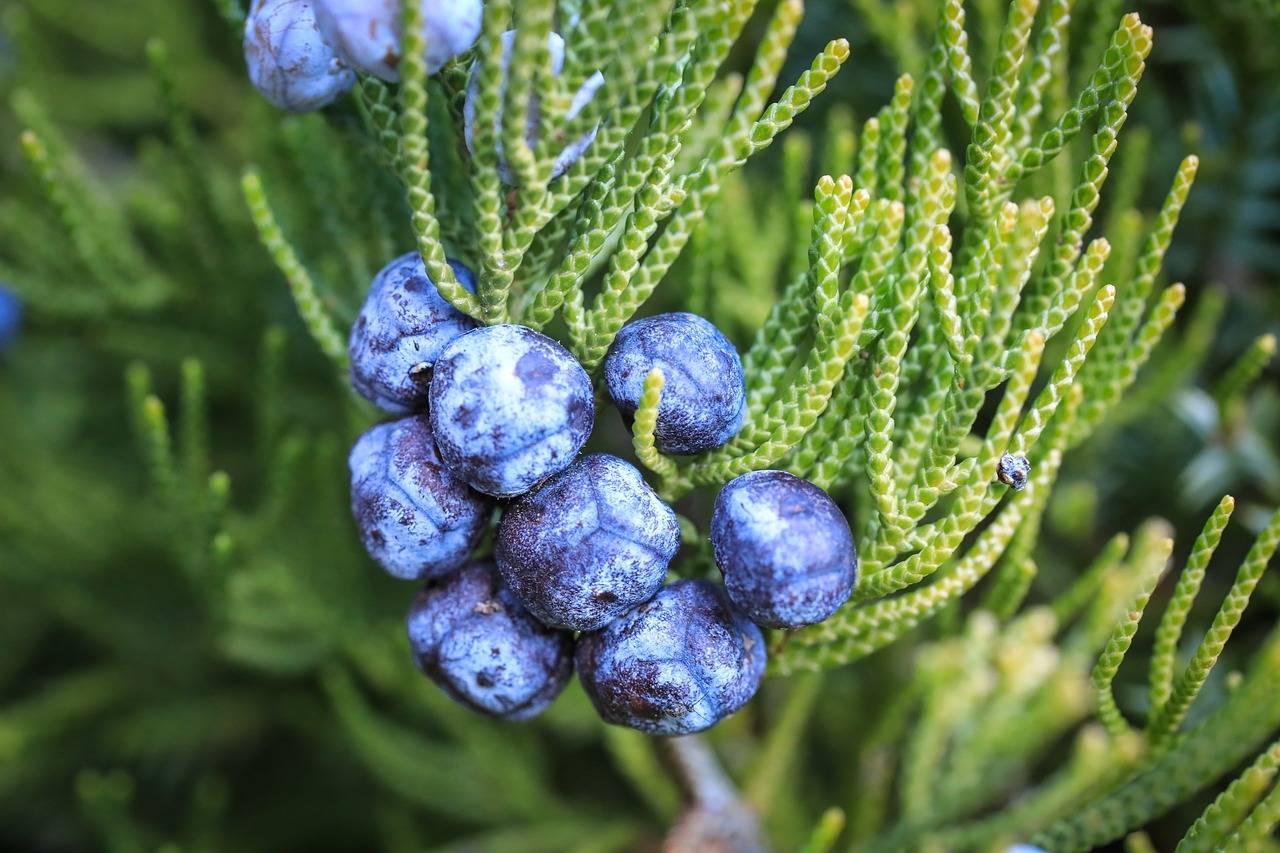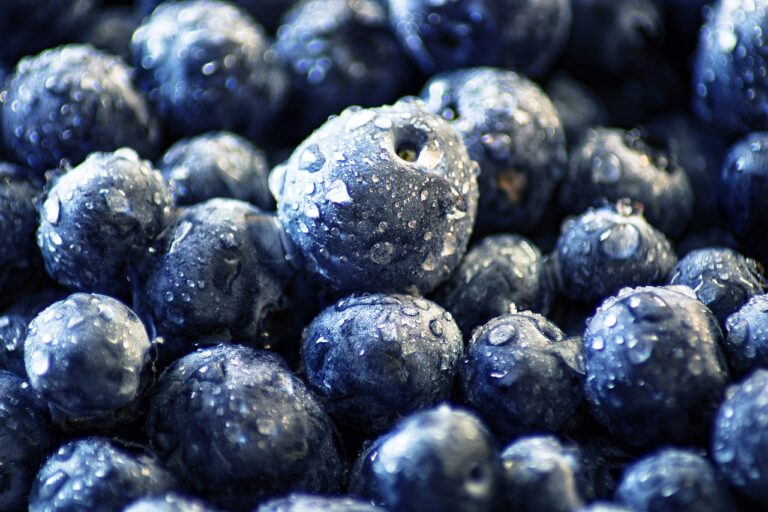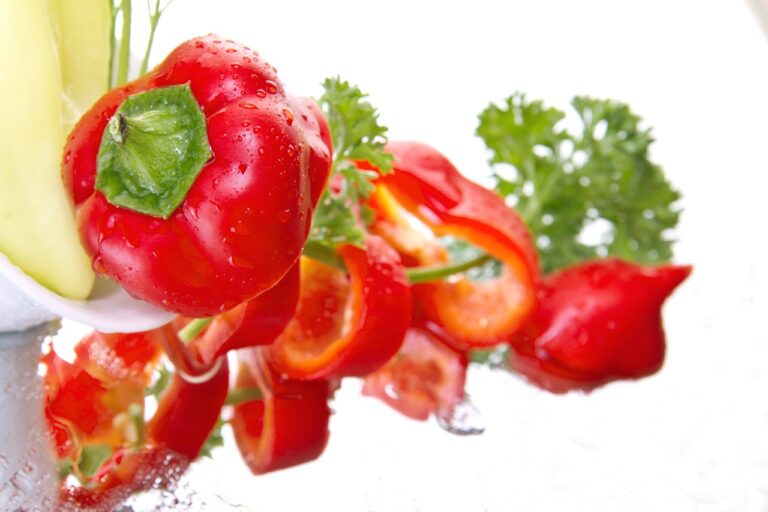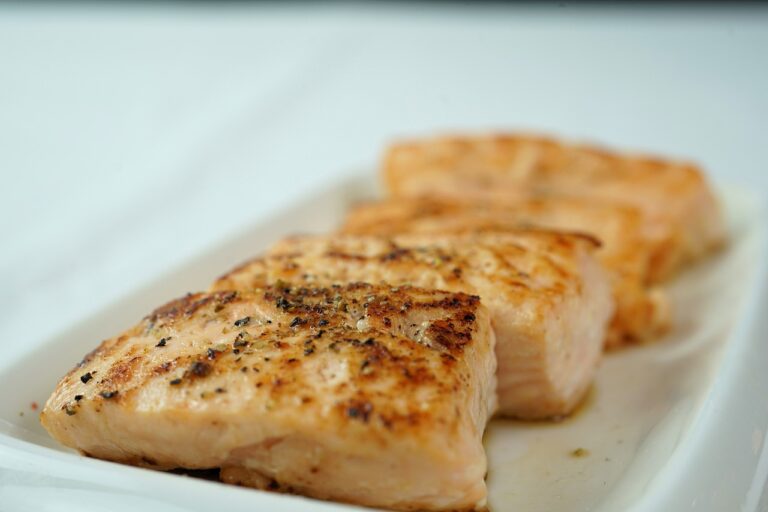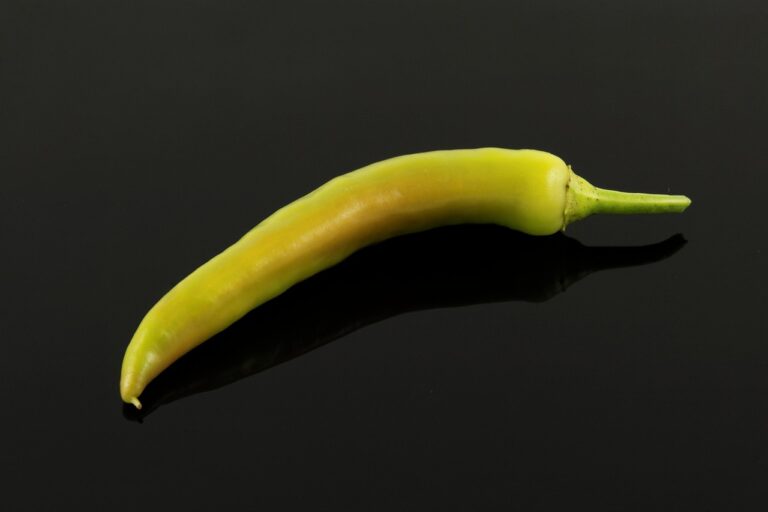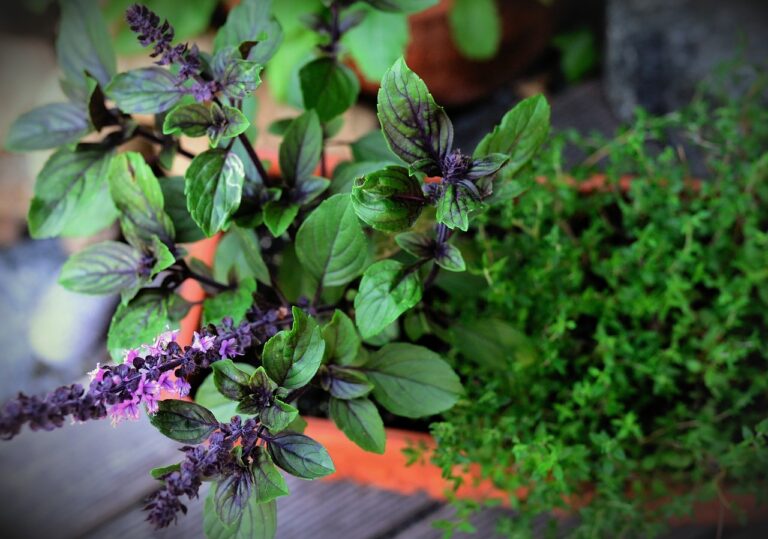Biotechnology in Precision Turkey Farming: Breeding and Disease Control: Goldenexch99, Cricbet99 club.com, King567 login
goldenexch99, cricbet99 club.com, king567 login: Biotechnology in Precision Turkey Farming: Breeding and Disease Control
Have you ever wondered how farmers are leveraging biotechnology to enhance the breeding and disease control processes in turkey farming? Well, you’re in luck because that’s precisely what we’re going to delve into in this article.
Breeding for Quality and Efficiency
1. Selective Breeding: Biotechnology has revolutionized the way turkeys are bred for specific traits such as size, meat quality, and disease resistance. By analyzing the genetic makeup of different turkeys, scientists can pinpoint the best candidates for breeding to ensure healthier and more productive offspring.
2. Embryo Transfer: One advanced technique involves transferring embryos from high-performing turkeys to surrogate hens, allowing farmers to increase the number of genetically superior birds in their flocks. This process not only improves the overall quality of the turkey population but also accelerates the breeding cycle.
3. Genomic Selection: Through genomic selection, farmers can identify the most favorable genetic markers for desirable traits in turkeys. By utilizing this technology, they can make informed decisions about which birds to breed, leading to a more efficient and productive flock.
Disease Control and Prevention
4. Vaccination Programs: Biotechnology plays a crucial role in developing effective vaccines against common turkey diseases. By genetically engineering vaccines, scientists can create targeted solutions that provide better protection against pathogens, ultimately reducing the risk of disease outbreaks.
5. Disease Resistance: Through genetic modification, turkeys can be bred to be more resilient to specific diseases. By enhancing their immune systems and resistance levels, farmers can reduce the reliance on antibiotics and other medications, promoting a healthier flock overall.
6. Diagnostic Tools: Biotechnology has also improved the diagnostic tools available to farmers, enabling them to detect diseases early on and implement necessary measures to prevent the spread. From rapid testing kits to advanced laboratory techniques, these tools are pivotal in maintaining a disease-free environment.
FAQs
Q: Are genetically modified turkeys safe to consume?
A: Yes, genetically modified turkeys undergo rigorous testing to ensure they are safe for consumption. Regulatory bodies oversee this process to guarantee that all biotechnologically enhanced turkeys meet strict safety standards.
Q: How does biotechnology impact the environment in turkey farming?
A: Biotechnology can help reduce the environmental impact of turkey farming by promoting more sustainable practices. By breeding healthier and more disease-resistant turkeys, farmers can minimize the use of antibiotics and pesticides, consequently reducing pollution and preserving natural resources.
In conclusion, biotechnology has significantly advanced precision turkey farming, enhancing breeding practices and disease control measures. By leveraging the latest technological innovations, farmers can improve the overall health and productivity of their turkey flocks, ensuring a sustainable and efficient farming industry.

